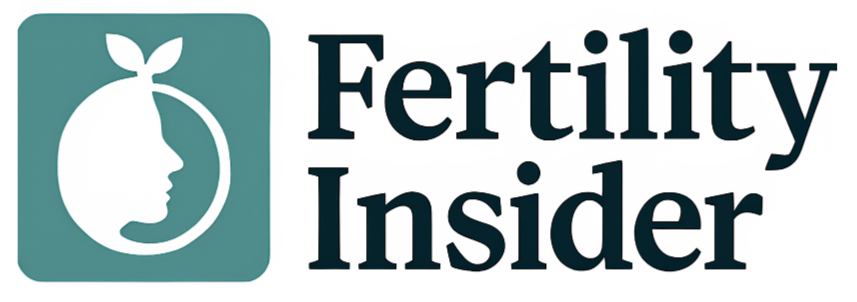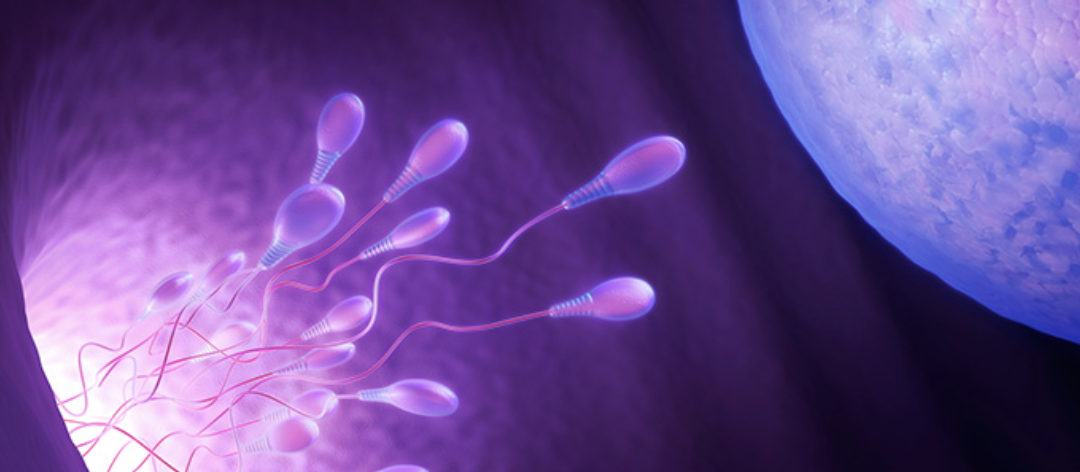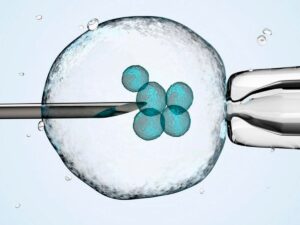Navigating fertility treatments can be challenging, especially when trying to decide between options like IVF, IUI, and egg freezing. Each of these treatments has distinct processes, costs, and success rates, making it essential to understand which option best suits your personal situation.
IVF (In Vitro Fertilisation) is one of the most well-known and widely used fertility treatments. It involves stimulating the ovaries to produce multiple eggs, retrieving them, fertilising them in a lab, and transferring one or more embryos into the uterus. IVF is typically recommended for individuals or couples dealing with complex fertility issues such as blocked fallopian tubes, endometriosis, or male factor infertility. While IVF offers relatively high success rates, especially for younger women, it is also the most intensive and expensive option. Costs can vary widely depending on location and additional treatments required, often ranging from several thousand to tens of thousands of dollars per cycle.
IUI (Intrauterine Insemination) is a less invasive and more affordable fertility treatment. In this process, sperm is directly inserted into the uterus around the time of ovulation. IUI is usually considered a first-line option for couples with unexplained infertility, mild male fertility issues, or problems related to cervical mucus. Unlike IVF, IUI doesn’t involve egg retrieval or laboratory fertilisation. Its success rates are generally lower than IVF, particularly for older women or those with more complex fertility challenges, but its simplicity and lower cost make it appealing for many.
Egg Freezing, also known as oocyte cryopreservation, is increasingly popular among women who wish to preserve their fertility for future use. This process involves hormone stimulation to produce eggs, which are then retrieved and frozen using a rapid freezing method called vitrification. Egg freezing is commonly chosen by women who want to delay pregnancy due to personal or career goals, or who may be undergoing medical treatments that could impact fertility. While egg freezing does not guarantee a successful pregnancy later, it offers a proactive approach to fertility preservation, especially when done at a younger age when egg quality is typically higher.
When comparing these three treatments, it’s important to consider your age, fertility diagnosis, timeline, and financial situation. IVF generally offers the highest success rates per cycle, especially for women under 35. IUI is more affordable and may be effective for those with mild fertility issues. Egg freezing provides future fertility options but is not a treatment in itself—it requires IVF later when the individual decides to conceive.
In summary, IVF, IUI, and egg freezing each serve different fertility goals. Whether you’re looking to conceive now or preserve your fertility for later, understanding the benefits, limitations, and suitability of each option is key to making an informed decision. Always consult a fertility specialist to evaluate your specific needs and develop a personalised treatment plan that aligns with your reproductive goals.











